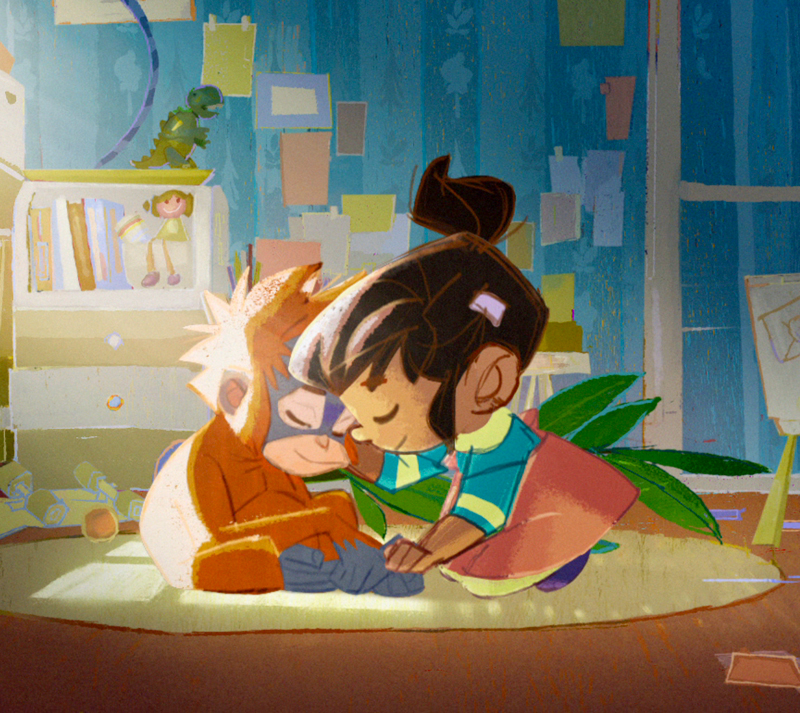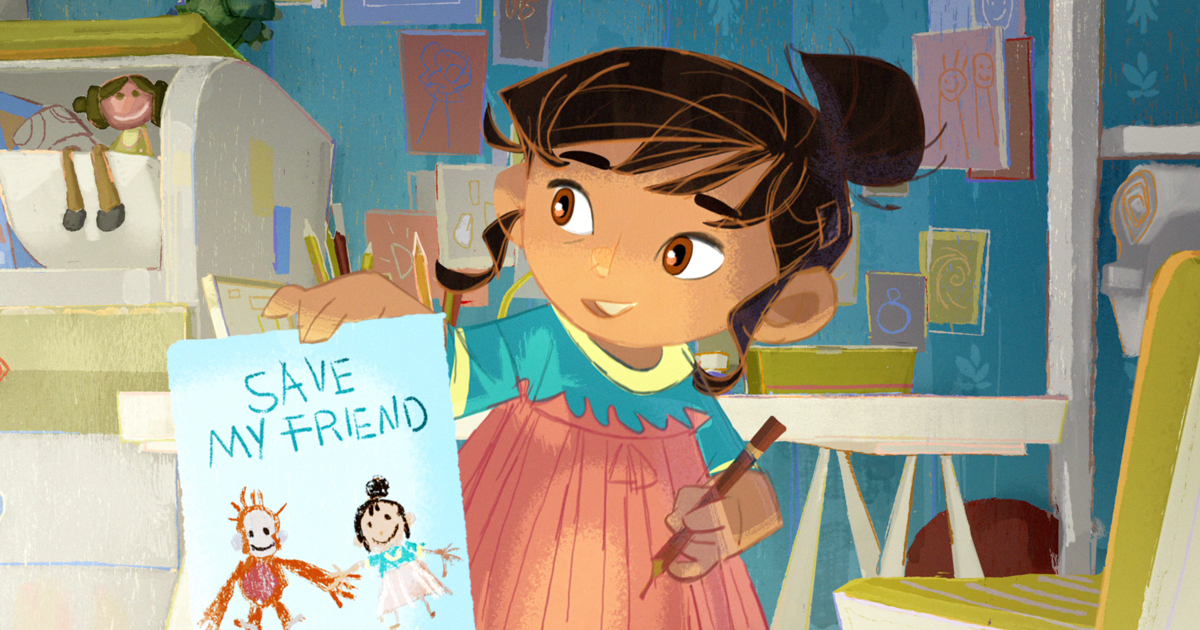As somebody with a passionate and, perhaps – one day – professional interest in conversation, I couldn’t help but draw my attention to the uproar over Iceland’s recently banned Christmas advert.
The advert has been criticised for being “too political” as it highlights the unethical nature of using palm oil in commercial products and encourages viewers to avoid them. It focuses on rainforest deforestation and the devastating impact on the orangutans who call them home – and has helped shed light on an issue of which many people were previously unaware.
Need to know

The conservation movement has only lately begun to gain momentum – following on from the war against plastic and “save the rainforest” campaigns – so the media is fuming over the removal of the advert. And I have to say I too am disappointed.
The advert’s message, though apparently ill-communicated, is one I feel desperately needs to be made to the public, yet is so rarely talked about. Palm oil is found in almost 50% of the products lining the shelves in our supermarkets, and yet, according to a survey conducted by Iceland, around a third of consumers didn’t know what it was. It’s in everything – from groceries to cosmetics – and, to be honest, it’s a useful and versatile ingredient.
Unfortunately, the fact palm oil is used in such a wide variety of products means it is in high demand, and to meet demand, land that was previously rainforest is being demolished to make way for plantations instead.
(Nearly) gone, but not forgotten
The Iceland advert focuses on the impact this reallocation of land has on orangutans and correlates their dwindling numbers in the wild to the mass production of palm oil. Both species of orangutan – one native to Borneo, the other to Sumatra – are, in fact, endangered, with the Sumatran orangutans being critically endangered.
Although this is by no means the only negative effect of the loss of our rainforests, the plight of the orangutans has hit home to viewers across the UK and inspired protest that seems to have only grown stronger after the ban.
Despite no longer being shown on TV, the video has gone viral and more people are waking up to the realisation that, if we don’t want to lose these beautiful creatures for good, something must change.
Negative impact
As a budding vet, I can’t help but feel dejected when I hear about the human impact on the animal kingdom.
But it’s not just orangutans – the rainforest is home to a plethora of animals; birds, reptiles and insects all reside there, as well as other mammals, such as sloths and jaguars – and I haven’t even mentioned the plant life. The rainforest houses countless species of flora and fauna that, if we’re not careful, we could lose for good.
The trees of the forest alone are so vitally important for the ecosystem of our entire planet; with global warming on the rise each tree represents a solution to a much-addressed problem. Plus, if we lose these forests, we will be depriving ourselves, and generations to come, of one of the most beautiful places the world has to offer.
Shades of grey
It is important, however, to bear in mind the topic of palm oil is not entirely black and white. We know the devastating effects palm oil production is having on the environment, but we will have to find a suitable alternative if we wish to continue consuming the products we’ve grown accustomed to, and it is uncertain as to what this could be and whether it would be any less destructive.
This might be why, although the EU has been suggesting a policy to ban palm oil since the start of the year, much debate exists over whether this will actually take place, let alone whether the UK will follow suit.
The uncertainty is frustrating, and it can feel like the fight for conservation is a losing battle, but it’s important to remember any step forward is a step in the right direction. Iceland being the first supermarket to ban palm oil from its own-brand products is one of those steps – and despite any setbacks we face, we just have to keep moving forward.

Leave a Reply